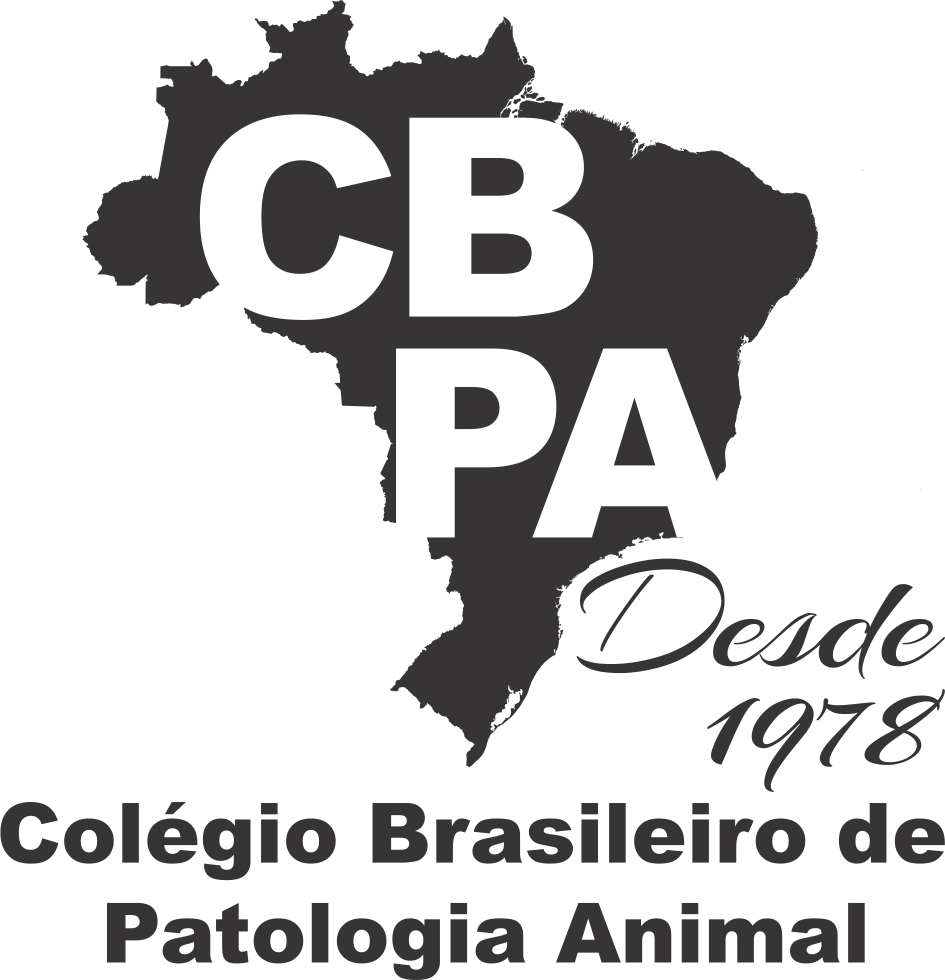Resultado da pesquisa (1)
Termo utilizado na pesquisa infecção por parvovirus
#1 - Safety and efficacy of allogeneic bone marrow mesenchymal stem cells for treatment of canine leukopenia induced by canine parvovirus infection
Abstract in English:
This study aims to establish a therapy strategy for canine leukopenia induced by canine parvovirus (CPV) infection through intravenous infusion of allogeneic bone marrow mesenchymal stem cells (BMMSCs) and to evaluate the therapeutic effect of BMMSCs on canine parvovirus. Forty healthy 2-month-old dogs were randomly divided into four groups including the BMMSC treatment group (A), conventional treatment group (B), CPV infection group (C), and a normal control group (D). Then the A, B, and C groups were orally infected with CPV (103.25 TCID50/mL) at 1mL/kg, and the D group received the same dose of saline. After the onset of infection, Group A received mesenchymal stem cells (MSCs) and rehydration as the treatment; Group B was treated with anti-inflammatory therapeutics and rehydration; and Group C and D were injected with the same dose of physiological saline. The level of leukocytes rebounded significantly after the treatment with BMMSCs and returned to reference numbers on Day 3 after treatment, which was significantly higher than that in the conventional treatment group. The concentrations of IL-2 and IFN-α were gradually increased during the treatment, and the BMMSC treatment group exhibited significantly higher IL-2 and IFN-α concentrations than the conventional treatment group on Days 3 and 4. The expression of the virus in the blood gradually decreased during the treatment, and the BMMSC treatment group displayed a faster decrease than the conventional treatment group. These results showed the advantages of BMMSC treatment over conventional treatment. This study provides a new BMMSC treatment strategy for canine leukopenia induced by CPV infection and reveals the mechanism by which BMMSC increases leukocytes after CPV infection.
Abstract in Portuguese:
Este estudo tem como objetivo estabelecer uma estratégia terapêutica de leucopenia canina induzida pela infecção por parvovírus canino (CPV) através de infusão intravenosa de células tronco mesenquimais da medula óssea alogênica (BMMSCs) e avaliar o efeito terapêutico de BMMSCs no parvovírus canino. Quarenta cães saudáveis de dois meses de idade foram divididos aleatoriamente em quatro grupos: o grupo de tratamento de BMMSCs (A), o grupo de terapia convencional (B), o grupo de infecção por CPV (C) e um grupo controle (D). Os grupos A, B e C foram infectados oralmente com CPV (103.25 TCID50/mL) a 1mL/kg e o D recebeu a mesma dose de soro fisiológico. Após o início da infecção, o grupo A recebeu uma dose de derivadas da medula óssea (CTMMO) e hidratação como tratamento, o grupo B foi tratado com terapia anti-inflamatória e hidratação, e grupos C e D foram injetados com a mesma dose de soro fisiológico. As concentrações de IL-2 e IFN-α aumentaram gradualmente durante o tratamento, e o grupo de tratamento BMMSC mostrou concentrações significativamente maiores de IL-2 e IFN-α do que o grupo de tratamento convencional nos Dias 3 e 4. A expressão de vírus no sangue diminuiu gradualmente durante o tratamento, e o grupo de tratamento BMMSC mostrou uma diminuição mais rápida do que o grupo de tratamento convencional. Esses resultados mostraram as vantagens do tratamento BMMSC em relação ao tratamento convencional. Este estudo fornece uma nova estratégia de tratamento da BMMSC para leucopenia canina induzida pela infecção por VCP e revela o mecanismo pelo qual a BMMSC aumenta os leucócitos após infecção por VCP.









